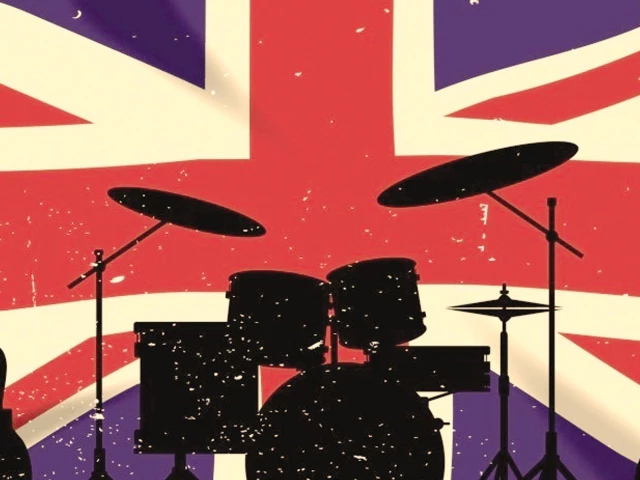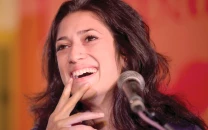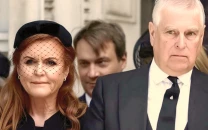Are you listening to bots?
AI music is virtually undetectable as industry faces regulatory and economic pressures

A staggering 97% of listeners cannot distinguish between artificial intelligence-generated and human-composed songs, a Deezer-Ipsos survey revealed recently, highlighting rising concerns over the impact of AI on music creation, consumption, and monetisation.
The survey, which polled 9,000 participants across eight countries including the UK, US, and France, found that 73% of listeners support clear labelling of AI tracks, 45% want filtering options, and 40% said they would skip AI-generated songs entirely.
Deezer, which has 9.7 million subscribers, reported that daily AI submissions have surged to over 50,000, roughly a third of total uploads. The findings underline ethical and commercial pressures that the UK music industry is currently navigating.
Britain's music sector contributed £8 billion ($10.5 billion) to the UK economy in 2024, supported by high-profile domestic tours from artists like Taylor Swift and Take That and international hits from Charli XCX and Lola Young.
However, growth has slowed compared with the post-Covid boom, raising concerns over the sector's resilience. Tom Kiehl, chief executive of UK Music, the industry umbrella body, urged urgent government action, particularly on AI regulation and easing EU touring restrictions.
"The government will be judged on the progress it makes in regulating artificial intelligence and unlocking EU touring," he said. The report highlighted ongoing Brexit impacts, including higher touring costs, bureaucratic hurdles, and fewer EU clients booking UK studios.
AI's rise adds further uncertainty. Two-thirds of surveyed music creators said AI threatens their careers, while 90% demanded protections against unauthorised use of their work.
Legal disputes abroad reinforce the urgency: a Munich court recently ruled that OpenAI's ChatGPT violated German copyright law by reproducing song lyrics, and Universal Music Group settled a copyright case with AI music firm Udio, with plans to launch a licensed AI music creation platform in 2026.
Deezer has sought to maintain transparency by tagging AI tracks and excluding them from editorial playlists and algorithmic recommendations. "We believe strongly that creativity is generated by human beings, and they should be protected," said CEO Alexis Lanternier.
He added that establishing differential payout structures for AI music remains a major challenge, while the platform is also filtering out fake streams from royalty payments.




















COMMENTS
Comments are moderated and generally will be posted if they are on-topic and not abusive.
For more information, please see our Comments FAQ